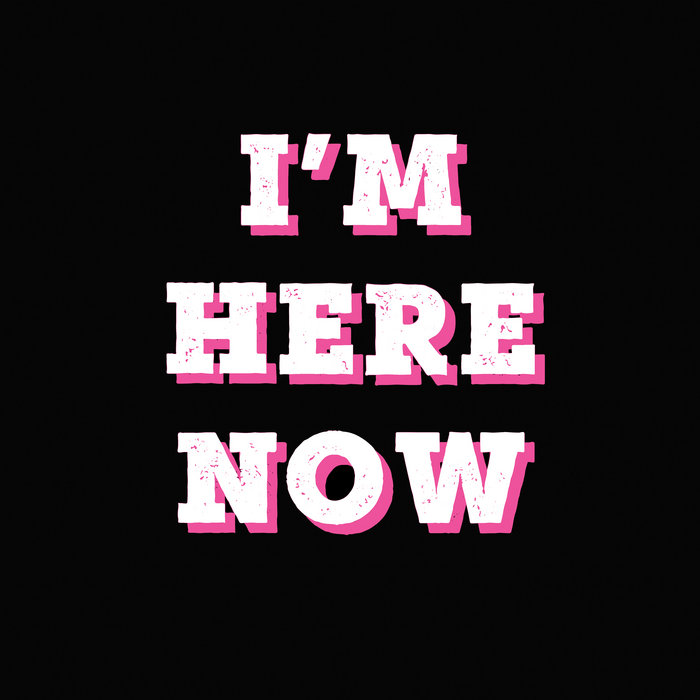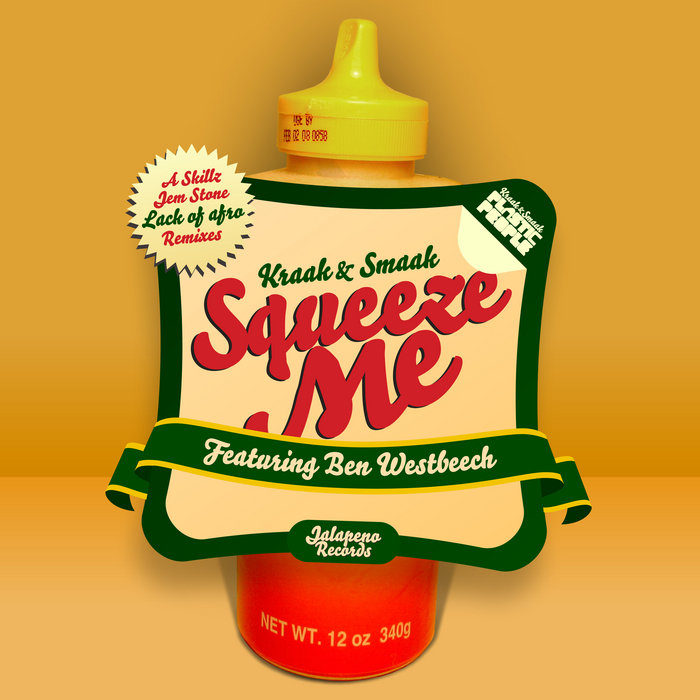
I’m Here Now – Lack of Afro
this blog is GROOVY – check out great Soul, Funk, Jazz, Hip Hop, Bass, Breaks , Reggae, House n many more TUNES
Hey there, music lovers! Grab your dancing shoes; we’re diving into the vibrant world of Afrobeat—a genre that’s as rich and colorful as a West African market. From its roots to its rise, we’re here to groove through the history, sprinkled with some funky facts about musicians who made it all happen!
Afrobeat is more than just music; it’s a whole vibe! Originating in Nigeria during the late 1960s, this genre marries traditional African rhythms with jazz, funk, and highlife. Think groovy basslines mixed with horns blasting away like they’ve got something to shout about—because they do!
Created by the legendary Fela Kuti, who was both a brilliant musician and an outspoken political activist, Afrobeat quickly became a vehicle for social change. Fela combined complex polyrhythms from Africa with Western musical influences. He often sang in multiple languages including English and Yoruba.
Now let’s rewind to where it all began. In those early days post-colonization, you had Nigerian musicians fiddling around with sounds inspired by American jazz legends like Louis Armstrong and Duke Ellington along with their own indigenous styles.
Fela gathered his band members—dubbed Africa ‘70’—and they started pumping out infectious grooves that made people move—and think! His tunes were often long jams laden with rhythmical complexities that could take you on a wild journey without needing a ticket.
Did you know Fela named his house “The Kalakuta Republic”? Yep! It wasn’t just any old residence; he declared it an independent state after facing constant harassment from the Nigerian government. Talk about living life on your own terms!
As Afrobeat gained traction in Nigeria throughout the ‘70s, other artists began picking up on this infectious sound. Musicians across Africa took note of how these beats combined rhythm structures that felt both fresh yet familiar at once.
Artists like Tony Allen, Fela’s drummer extraordinaire, played essential roles—the heartbeat behind many tracks—but also ventured solo later on show-casing his talent worldwide.
Afrobeat wasn’t just shaking booties—it was shaking up society too! Lyrics typically tackled topics such as corruption among politicians (hey there!), human rights abuses (which sadly remain relevant), love tales (yes!) and even critiques of religion plus superstitions.
Here’s where it gets amusing—we see musicians drop funny politically-charged statements during performances or artwork featuring laughing faces painted against grim realities embracing satire beautifully!
One memorable moment involved fellow artist Baba Ani, who jokingly wore oversized glasses while playing serious notes critiquing governmental policies – prompting laughter amid heavy discussions!
With time ticking forward into the ‘80s and beyond, Afrobeat began seeping into global consciousness thanks also due courtesy international acts electronica-infused experimentation fused everything together so…
Many contemporary artists now cite Fela Kuti’s influence—from folks like Antibalas in Brooklyn keeping vibes alive while paying homage to solemn messages delivered via spirited grooves—to even modern pop stars sampling those iconic beats unexpectedly bringing new audiences together across genres sounding tight yet playful at parties everywhere!
If you’ve ever grooved to songs like “Zombie” or “Water No Get Enemy,” there’s probably no way your feet couldn’t help themselves but jive along catchy arrangements layered over mesmerizing dynamics.
Fast forward today where festivals celebrating these sounds bring listeners young-to-old keep sharing joyous experiences—and yes again maybe somewhat philosophical conversations stirred through intoxicating beat waves:
From London’s Africa Utopia festival highlighting diverse cultures blending seamlessly through performances reflecting everything jam-packed finely tuned resonance rolling on till dawn beckoning still hungry ears wanting more magic cooked right inside rhythms created generations before them setting pace dramatically shifting landscapes globally thrilling audiences far wide living outside borders transcending boundaries effortlessly together forever entwined underneath sunlit skies catching shared moments fostering unity engaging souls reunited under one roof filled good times passed timelessly eternal essence holding hands close envision greeting tomorrow anew alike smiling freely everyone feeling blessed immensely!
So there you have it—a quick dive through history’s grooves splashing fun musical facts colored paint uplifting spirits mingled histories echo vibrantly resonating among conscious connections formed passing down wisdom eternally enriching amazing collective journeys showcasing underlying valuable lessons learnt teaching loving acceptance appreciating every note insightful flowing magnificently within each heart letting lives relay stories shaping paths ripple-generated across ages calling forth visions life-affirming joy contagious riding waves profound friendship leading celebration onward inviting bright tomorrows endlessly revealing beauty dwelling simply beside us shining brightly radiating warmth harmoniously singing loud carrying hearts united forging bonds together forevermore…groovin’ day-in-n-day-out because yes friends this beautiful legacy shall live on beat after beat as long laughter continues afloat cheers ya’ll keep dancing following threads woven past present future intertwining winding trails ahead reaching leading dancefloors cheek-to-cheek celebrating every facet life reveals powerful enough inspire soul never forget learn grow celebrate inspiring others flourish vibrantly adding colors gratitude making spaces brighter shine 🌍🔥✊🏽

I’m Here Now – Lack of Afro

Squeeze Me (feat. Ben Westbeech) – Kraak & Smaak